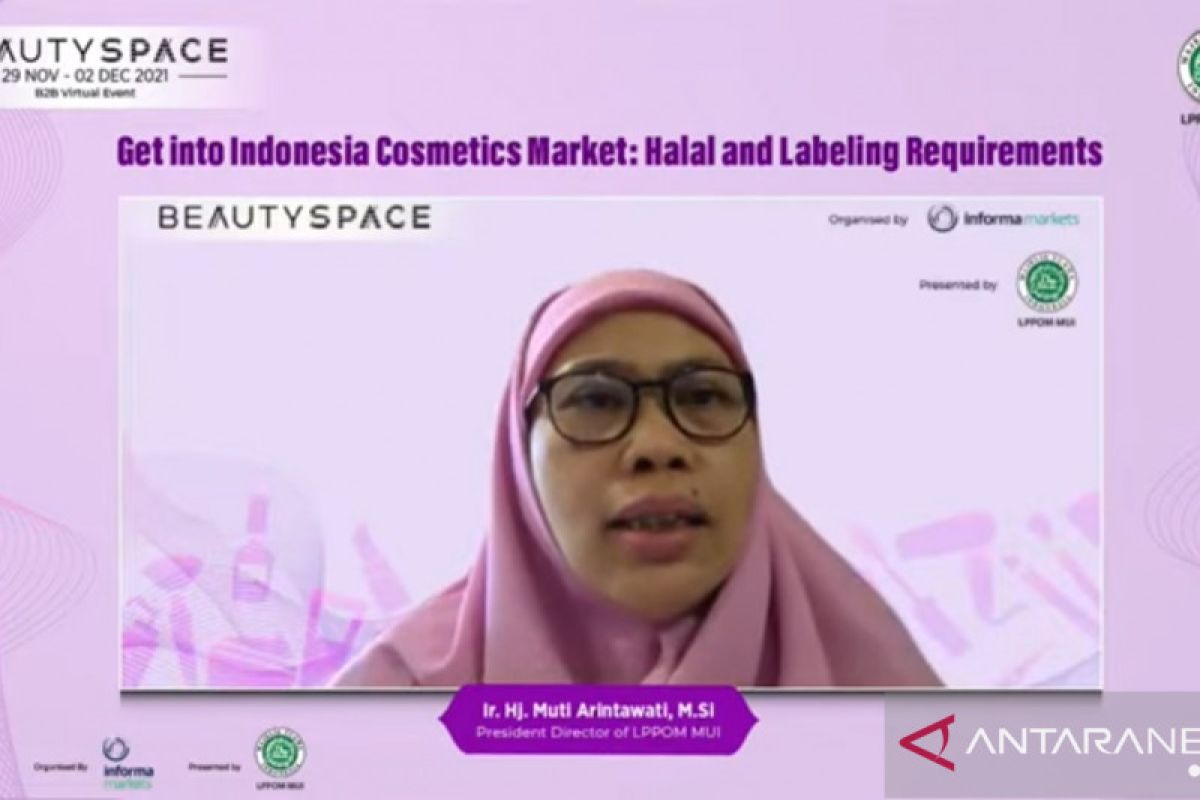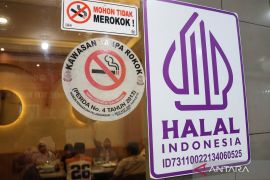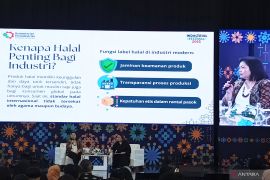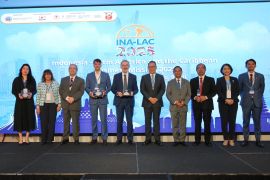Cosmetic products must have the halal certificationJakarta (ANTARA) - President Director of the Food, Drugs and Cosmetics Assessment Institute (LPPOM) at the Indonesian Ulema Council (MUI) Muti Arintawati emphasized that cosmetic products in Indonesia should be certified halal.
"Cosmetic products must have the halal certification," Arintawati stated in a webinar on Friday.
She pointed out that halal certification was regulated in Law Number 33 of 2014 on Halal Product Guarantee (UU JPH). This is especially necessary for cosmetic products to have halal certification that has been set since October 17 this year.
Thus, cosmetic companies still have time until 2026 to align themselves with the regulation.
"Currently, we are still in the transition phase. Cosmetic companies still have the next five years until 2026 to make preparations to implement the regulation by ensuring that their products are halal certified," she explained.
According to the LPPOM MUI data, Arintawati said, 794 cosmetic companies have halal certification, with 1,913 halal certificates and 75,385 halal-certified cosmetic products in total since 2017.
"We encourage cosmetic companies to immediately get their products certified to ensure product safety and to add value for producers," she emphasized.
Meanwhile, Director of Registration of Traditional Medicines, Health Supplements, and Cosmetics at the National Agency of Drug and Food Control (BPOM) Dwiana Andayani stressed the importance of cosmetic labels containing all information to guarantee product safety, including halal labels.
BPOM Regulation Number 30 of 2020 on Technical Requirements for Cosmetic Marking, Article 2, stipulates that the marking on cosmetic labels must meet several criteria.
First, the labels must contain all necessary information, such as product name, advantages, method of use, ingredients, manufacturer, and expiry date.
Second, the need to be objective by providing factual information and not deviate from the cosmetics' safety and beneficial characteristics.
Third, labels must not be misleading by providing honest, accurate, and accountable information and not take advantage of public concerns about a health problem.
"Last, not stating as if the product is a medicine or aims to prevent a disease," she stated.
Related news: Industry Ministry committed to encouraging halal industry zones
Related news: Vice President hopes more investors for national halal industrial area
Related news: Jakarta prepares 5,000 free halal certificates for MSMEs
Translator: Asep Firmansyah, Raka Adji
Editor: Sri Haryati
Copyright © ANTARA 2021












